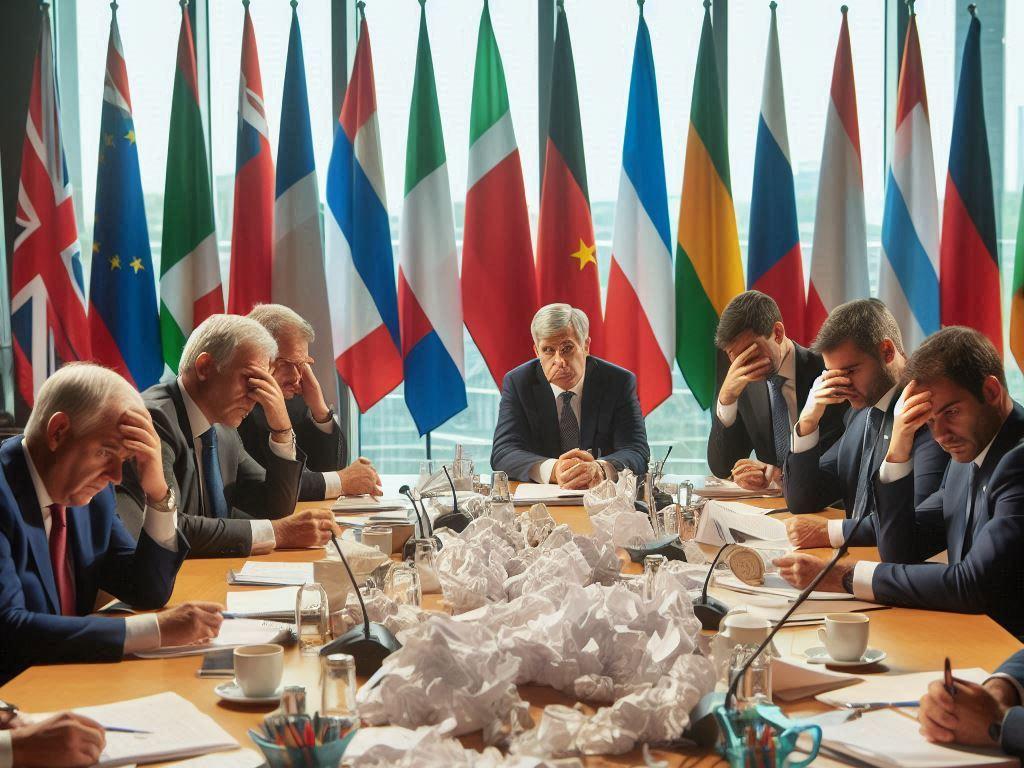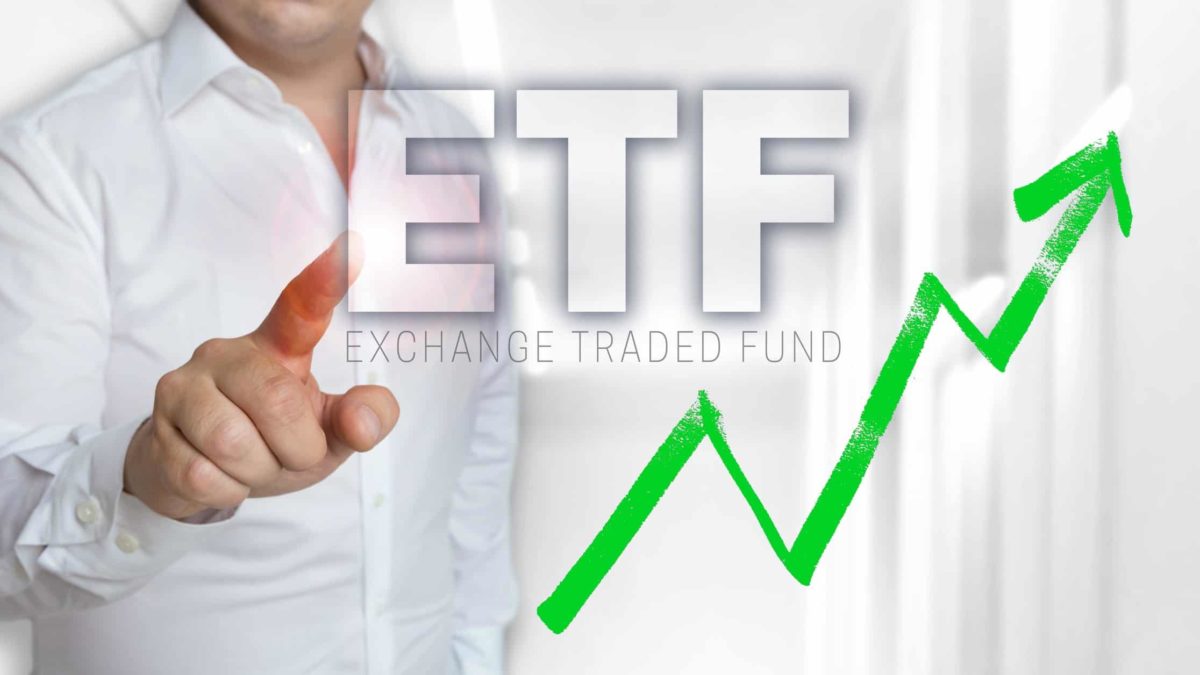
( MENAFN - PRovoke) BAKU-The feeling that each new COP meeting brings ever diminishing returns was inescapable after COP29 concluded in Baku, Azerbaijan, last week. The 29th gathering of the conference of the Parties ended with a pledge by rich nations to contribute $300 billion annually to the global fight against climate change, far short of the more than $1 trillion in assistance requested by developing nations. It also became apparent that nations were failing to meet agreed targets from COP28.
The agreement that concluded the last meeting in the UAE called for countries to "transition away from fossil fuels in energy systems, in a just, orderly and equitable manner ...

so as to achieve net zero by 2050 in keeping with the science.” But participants talked about various parties“backsliding” and“standing still” rather than making any real progress. So it's no surprise that most sustainability experts within the public relations business sounded pretty sceptical about the lack of progress in Azerbaijan.
COP29 was another example of the widening cracks in global consensus on climate action, says Henry Kirby, head of sustainability and financial services at communications consultancy Woodrow, while Kirsty Howe, partner and head of ESG at Milk & Honey, adds:“Let's be honest, from a communications standpoint COP29 wasn't a resounding success.” Jeremy Cohen, senior partner at Blurred, is even more emphatic in his verdict:“This latest failure of the COP to get anywhere close to what its leaders and negotiators agree is actually required is now the annual pattern,” and asks:“Is this the best we can do in dealing with humanity's most existential crisis?” Too many lobbyists, not enough action While almost everyone agrees that the presence of large corporations-even fossil fuel companies themselves-is necessary to find practical solutions to the climate change crisis, even public relations professionals seem to feel that the volume of lobbyists at the COP meetings has become problematic. “More than 1,700 oil, gas, and coal lobbyists registered for COP Azerbaijan,” says Cohen.
“Cynicism aside, from a corporate perspective, it's hard not to see the extractive companies as the big winners of this COP,” who sums up the resulting declaration as:“Hard work over eleven and a half months to align on the need, two weeks to water the need down to something palatable for the wealthiest nations to announce.” In particular, the role of those representing the home nation-which apparently viewed the meeting as an opportunity to expand its own fossil fuel operations-was a particular problem. “From day one, headlines were dominated by greenwashing as Azerbaijan's COP29 chief executive Elnur Soltanov was filmed drumming up business for the country's state-run oil company,” says Howe, referencing an incident that brought intense scrutiny on work done by Teneo on behalf of the COP29 host country.
“As well as immediate concerns around the host nation's motivations, it sparked a wider debate on the role of marketing and communication involvement in the COP process. It's damaging to our industry, not least because fears of being accused of greenwashing has the potential to hinder some marcoms teams as they work to drive environmental progress-and so, slow that progress.” Look beyond COP for real progress But the lack of obvious progress-or even“backsliding”-does not mean that participants, including corporate communicators, are not still seeking solutions.
“The politics always dominates the headlines from COPs, but progress is always made behind the scenes which creates new challenges and opportunities for businesses,” says Tom Lawless, co-head of sustainability at Headland-a take perhaps more optimistic than most. “Whilst COP might set the direction of travel, it's companies that need to translate those national level commitments into the real economy, and communications plays a big part in that.” Looking at the disappointment over outcomes in Baku, Cohen asks:“What does this mean for companies, their sustainability strategies, and climate transition plans?” The answer:“Honestly, not much.
It means that-at least from a regulatory perspective-steady as she goes is just fine. “But the climate emergency IS happening. And as it impacts more communities, more countries, more insurers, in more ways, the political and economic bill is adding up.
Walking-back climate ambitions might get score some 'anti-woke' points with some investors and right-wing consumers, but all it really does is bank more risk. “Decarbonization against a clear roadmap is the only credible corporate approach, and demonstrable impact for the good of the planet can only help your reputation and brand. A lot can happen in the world between COP 29 and COP 30, just don't expect much of it to come from the COP process itself.
” Howe, meanwhile, says the discussions in Azerbaijan simply underscored the complexity of the issue, and the need for communicators to ask the right questions. “COP29 surfaced some of the huge challenges coming straight at us in 2025,” says Howe.“One of the most pressing is a growing understanding that tackling climate change-and communication around business action-is incredibly complex.
This isn't a zero-sum game where doing one thing is unequivocally good and doing another is unequivocally bad. “We're not all experts, which highlights the need to engage with and learn from those who are. It means we can ask the right questions to both support and challenge our clients.
” Substance over sizzle One thing all the PR experts we talked with agreed upon was the need to ensure that corporate climate change policies be substantive and authentic-calling for an end to some of the performative“greenwashing” we have seen in recent years. “ COP29 made a big case for communicators to prioritise quiet influence over toothless fame,” says Kirby.“As the summit demonstrated, achieving ambitious multilateral outcomes demands more than headline-grabbing stunts.
It requires strategic relationship building outside negotiating rooms and careful manoeuvring within them. “In practice, this means moving away from splashy, above-the-line campaigns and embracing targeted, thoughtful external affairs work. In 2025, communicators who act as informed advisors-guiding organisations with precision and insight-will achieve far greater impact than those who rely on old playbooks.
The winners won't be the loudest voices but the ones who know where and how to be heard.” In particular, he says, companies need to focus on smaller scale, more localized initiatives. He called on companies and communicators to recognize“that the most effective campaigns in 2025 will focus on local policies, domestic challenges, and national priorities.
“Without entirely replacing the need for global reach, companies that double down on domestic narratives will achieve faster and more tangible results in the climate conversation. We'll see a shift in focus from broad global initiatives to local battlegrounds where real change is within reach.” Howe, meanwhile, called on communicators to“tone down some of the ideology, because actions always speak louder than words.
If we are to deliver effective comms, we need to signpost the link between word and deed-to show as well as tell.” In particular, she said, companies need to focus on measuring their progress in real terms.“As COP29 demonstrated, it all comes down to metrics.
Metrics hold us all to account and allow us to see honestly acknowledge what needs to change and celebrate real progress.” That's not just about meeting the statutory obligations, however; it means looking beyond a compliance mindset to understand what stakeholders are really concerned about. “Acting on the spirit of goals agreed at COP does not mean filling in more forms and reporting more data,” says Lawless.
“If companies see it like that they take on the costs of doing so with none of the benefits. “Businesses need to focus on the reasons behind those regulations and requirements and work out what role they can most meaningfully play to decarbonise economies and restore nature. That will often mean looking for collaborations that solve shared problems at scale.
Communications is critical to that approach. Introducing new ways of doing things or trying to mobilise investment requires social and political licence. “Creating that enabling environment is the key role of climate comms for the next five years.
” The image for this story was generated by CoPilot. MENAFN01122024000219011063ID1108943355 Legal Disclaimer: MENAFN provides the information “as is” without warranty of any kind. We do not accept any responsibility or liability for the accuracy, content, images, videos, licenses, completeness, legality, or reliability of the information contained in this article.
If you have any complaints or copyright issues related to this article, kindly contact the provider above..














